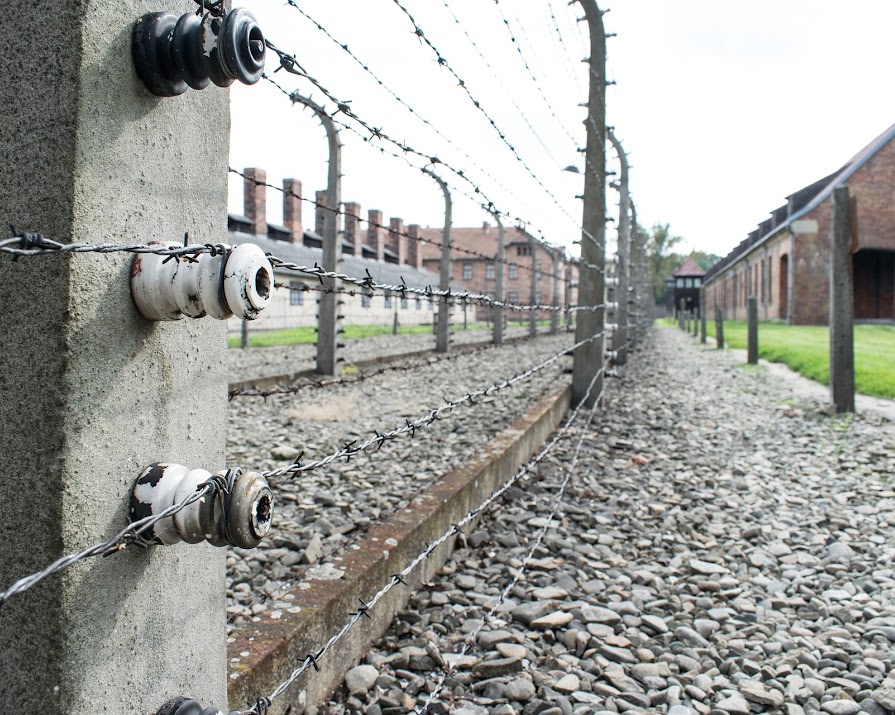By Grace McGettigan
26th Mar 2018
26th Mar 2018
We’ve all heard the story of Anne Frank – the German-born diarist who was killed during the Holocaust. She and her family were hiding in the attic of her father’s workplace when Nazis discovered and transported them to a concentration camp in Auschwitz. Now, 73 years after the end of the Second World War, it’s been discovered she was not the only young woman to document her tragic experience.
Renia Spiegel was a young Jewish woman who, like Anne Frank, was forced to hide from Nazis in an attic. Originally from a small Polish village, she and her family moved to Przemysl, a city in southeastern Poland, so that her little sister could become an actress. Her diary documents life before and during Nazi invasion, right up until her tragic end. According to the New York Post, the journal is almost 700 pages in length and has been carefully stored by the diarist’s sister until now. While it has already been published in Poland, it is currently being translated into English and will then be made into a documentary.
In her first diary entry on 31st January 1939, Renia wrote of her longing for her old, rural home. “I loved it there. These were so far the happiest days of my life.” She was miserable in the city and wistfully wrote about her love and loss of the apple trees and flowerbeds at home. Little did she know how quickly things would worsen.
While the early diary entries document 15-year-old Renia’s first kiss and her difficulties with classmates at school, the passages become increasingly sad. In April 1939, she details the impact of the war on her own life. “I learn French now and if there is no war, I might go to France. I was supposed to go before, but Hitler took over Austria, then Sudentenland, Czechoslovakia… and who knows what he will do next. In a way, he affects my life, too.”
As the months passed, Hitler’s troops made their way into Poland. Renia’s sister, Elizabeth, was taken into a Catholic family, baptized and hidden in a convent. Meanwhile, her boyfriend who was described as romantic and loving was forced to work for the local resistance. On 7th June, 1942, Renia wrote, “Wherever I look there is bloodshed. There is killing, murder. God, for the umpteenth time I humble myself in front of you, help us, save us! God, let us live, I beg you. I want to live! I had so little of life; my life has been so petty, so unimportant, so small. Today I worry about being ugly, tomorrow I might stop thinking forever.” The following week, she described, “Panic in the city. We fear a pogrom. We fear deportations.”
Sensing their end was near, she and her boyfriend’s family hid in the attic of a residential building. In her final diary entry on 28th July 1942, Renia pleaded with God to protect them. “Hear O Israel, save us, help us! You have kept me safe from bullets and bombs, from grenades, help me to survive, help us!”
Two days later, Nazis raided the building, pulled Renia and the others outside, and shot them dead in the street. When her boyfriend returned home and discovered they’d been killed, he added one last entry to the diary. “Three shots! Three lives lost!” he wrote. “It happened last night at 10.30pm. Fate has decided to take my dearest ones away from me. My life is done. All I can hear are shots, shots… Shots! My dearest Renia, the last chapter of your diary is complete.”























